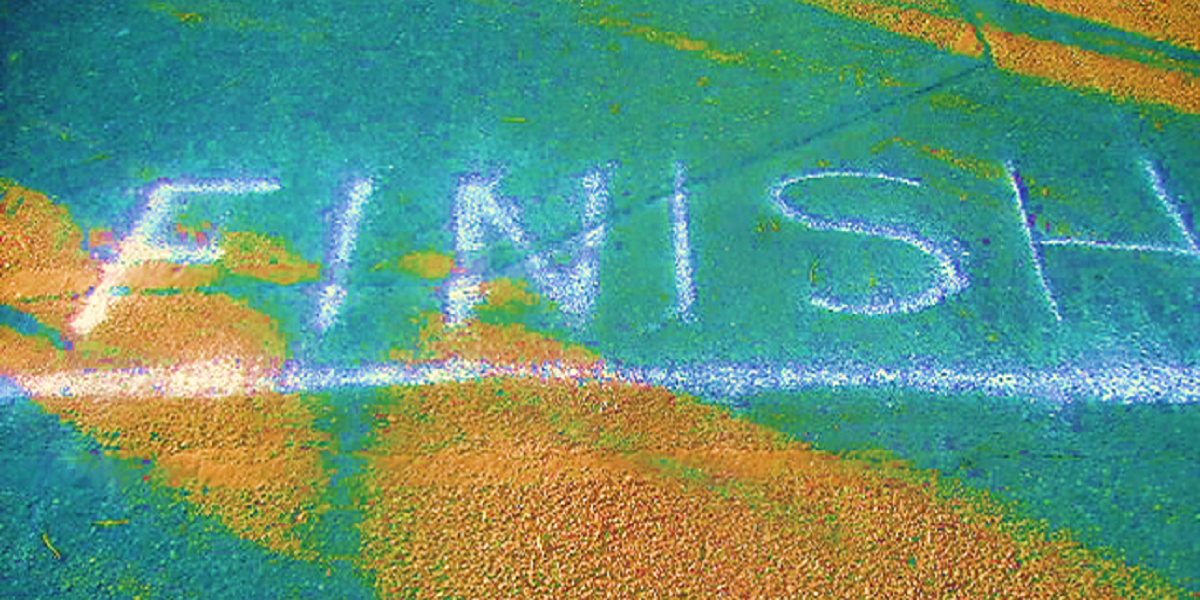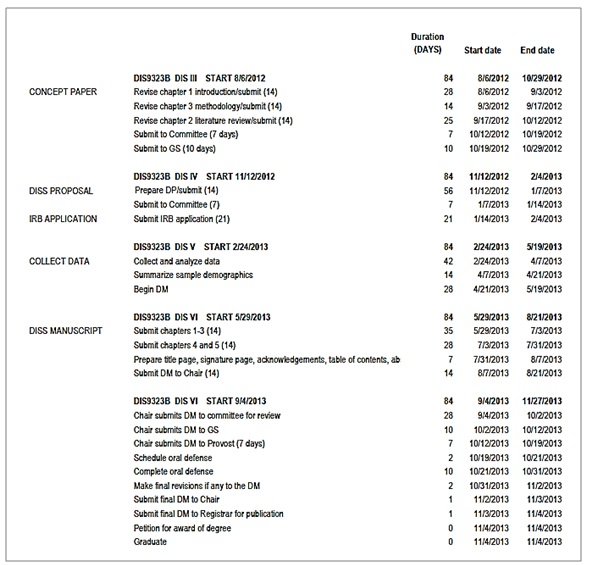Hello, Dissertators. Are you as discombobulated as I am? I’m staring at my screen, trying to figure out what to type. I feel as if I have been ill for a year (although I have not). In January of 2020, my cat died. Then in March, Covid-19 swept up the world in fear and anxiety and death. Then in January of 2021, my mother died. Every time I think I’m going to emerge from the fog and regain my sense of self, something happens to push me back under.
I don’t want to make this blogpost all about me. I know you have suffered too. Last year was rough, and we aren’t in the clear just because we have a new calendar. How are you making progress on your scholarly pursuits? Seriously, how are you doing it? I want to know. If you have some tricks for surviving the apocalypse, I’m interested. Meanwhile, I am using a three-pronged method recommended to me by other scholars: first, recognize my fears; second, reframe my experience; finally, relinquish my death grip on outcomes.
Recognize my fears
I’ve been trying in haphazard fashion to write the next book in my Desperate Dissertator Series, Choosing Methods. It’s a deep, rich, interesting topic. Lots of dissertators could probably use some guidance in this area. I sure could have when I was a dissertator. However, the book is emerging in fits and starts. I circle around it like a plane coming into PDX but I can’t quite seem to land.
I’ve made a little progress. I’ve reviewed most of my sample of dissertations and added data to my spreadsheet. I’ve done some analysis. I’ve set up some charts. I have an outline. I’ve fooled around with the book’s format (my favorite part). I haven’t been idle.
However, something always interrupts my forward motion… my cat dying, Covid-19, my mother’s decline and death… For a year now, I have always found a reason to spend time on other equally important but more urgent things. However, my cat is gone, my mother is gone, and so far Covid hasn’t caught me, so what gives? Why am I falling behind? I realized my biggest enemy was fear.
Today, I sat down to make a list of my fears. Quite often I can come up with a long list, everything from I am afraid I have toxic black mold in my kitchen to I am afraid aliens will soon be stealing my luggage. That pretty much covers all possibilities. Not that I plan to do any traveling soon, but you know.
My question: What fears are preventing me from finishing the book? This morning, I stopped doom scrolling my newsfeed and started typing in my virtual journal.
Fear 1: I’m afraid I’m not smart enough to write a book about choosing methods.
Fear 2… hmmm. That is it. I really have only one fear. I’ve been away from the topic for so long, I no longer feel connected to it, and so I begin to doubt my ability to write about it. I feel like an impostor. What do impostors do? They bury their heads in social media and avoid doing the hard work of showing up for the writing.
I remember when I was working on my dissertation proposal. I had no experience with dissertation-level research. Like many dissertators who don’t receive much guidance from mentors, I decided to toss everything at the wall to see what would stick. (I hoped my Chair would sort out the gems from the garbage.) Along with the kitchen sink, I proposed two theories, a mixed-methods approach, four subsamples … anything I could think of, I threw it in the proposal. Silly, right? Well, I didn’t know any better, and I assumed more in this case would be better—or safer. That is, more likely to lead to my desired outcome of getting approval for my proposal.
We don’t know what we don’t know. That is a truism if ever there was one. I learned by doing and eventually crossed that magical “phinish” line. Similarly, in the matter of writing this book, odds are I will know more about choosing methods if I get busy and start writing. Writing is a direct antidote to my fear.
Reframe my experience
I’m not a big fan of positive affirmations. Saying to myself, you are smart and you are successful when I’m not feeling it has never worked for me. I used to post sticky notes everywhere, little pink and yellow squares with pithy sayings on them. Within a few days, they became invisible. My eyes stopped seeing them. It’s like trying to catch errors after reading a blogpost for the umpteenth time. My eyes just skip past all those typos and punctuation problems, la la la.
We see what we want to see, or we see what we expect to see, and we stop seeing what has become commonplace. The only sticky note I keep now is the A-B-C-D reminder: Aim high, begin low, climb slowly, and don’t give up. I placed that note next to a photo of my mother. She’s sitting at a table at the Olive Garden with her chin in her hand. The sun is behind her and she has a “What the hell, who cares” grin on her face. That is the attitude I want to cultivate. Like, yeah, go ahead and eat ten more breadsticks, who cares? You only live once.
What can I glean from this insight? Someone suggested I reframe my perception of 2020 as a fallow year, a year to rest, a year to plant seeds in preparation for a new beginning. That sounds overly optimistic to me, but what the hell. It’s better than affirming what I suspect is true, that everything sucks before the Universe swallows me whole. Thus, my position is, I don’t have to reframe my hellish year as positive, necessarily, but I have the option to consider 2020 a neutral year of nitrogen fixing. Maybe I’ll bloom soon, maybe I won’t, but I’m open to considering the idea. Let’s say, I’m not ruling out the possibility of progress.
Relinquish my death grip on outcomes
I have long operated on the belief that if I can just manage and control what happens, then I won’t need to be afraid anymore. I forget that I do not control outcomes. My job is to do the work and make it visible—that is, offer it to those who could benefit from my contribution.
I frequently forget this small but important fact of human existence, that we don’t control outcomes. I catch myself on the sharp horns of desire and start thinking just because I am desperate, I somehow can manage and control what happens—as if the depth of my desire actually matters.
I can influence outcomes but I cannot control them. Neither can you. Between cause and effect, there is a moment in which anything could happen. Honoring that moment brings me more peace than trying to force outcomes to fit my preconceptions.
I compare this idea to gathering data in qualitative interviews. Many times, I have edited dissertation proposals in which the authors proposed interview questions that were destined to produce bad data. For example, When did you first realize that your cat was editing your dissertation proposal while you were sleeping? I understand the temptation to ask questions from our own perspective. It usually stems from a desire to cling to a particular point of view—a tenderly held, persistent belief about the topic.
For instance, I really wanted to hate for-profit career colleges (I was employed by one at the time). I had to do a little bracketing (epoché, you might see it called) of my preconceptions to make sure my opinions weren’t influencing the words of my interview participants, both during the interviews and during my data analysis.
In other words, let data emerge. Let your participants’ data be the amazing revelatory fountain of knowledge from which you will gratefully drink.
Summary
Now that I’ve written a little bit about what scares me, maybe I can feel slightly less scared. Now that I realize I can reframe my experience, I can be less attached to my cynicism and despair. Now that I am reminded I can’t manage and control what happens, no matter how hard I try, I can become more willing to take action and let the outcomes simply be. Action is the magic word. It’s a new year. Time to get busy.






